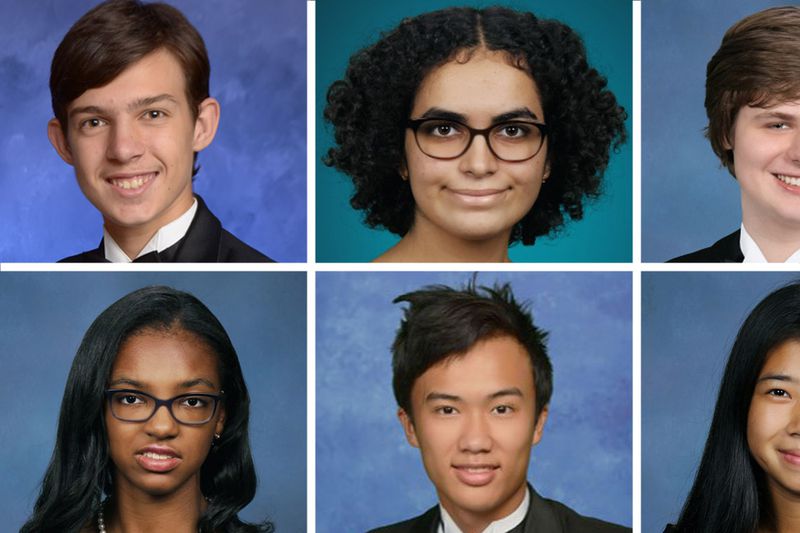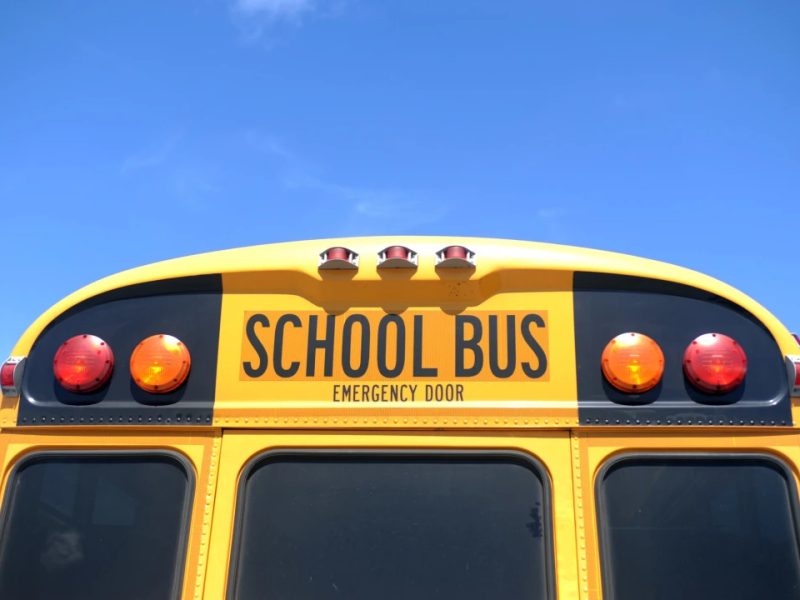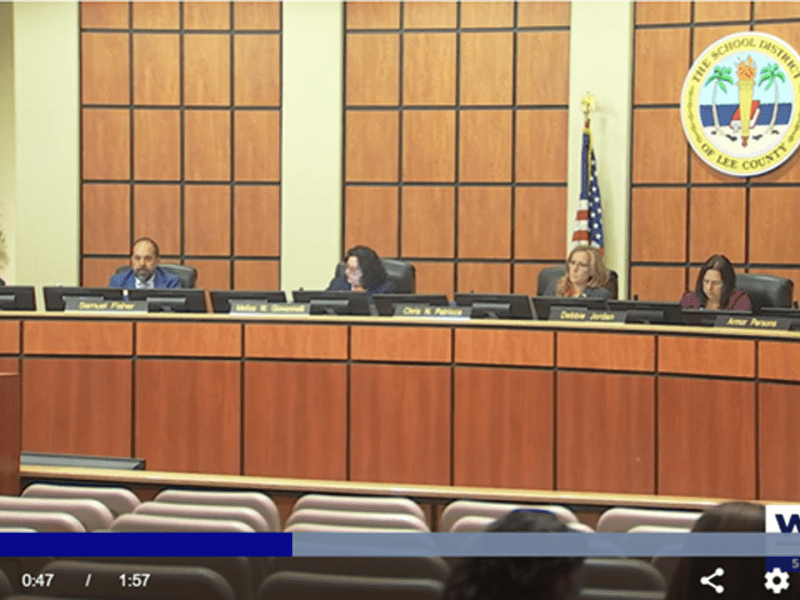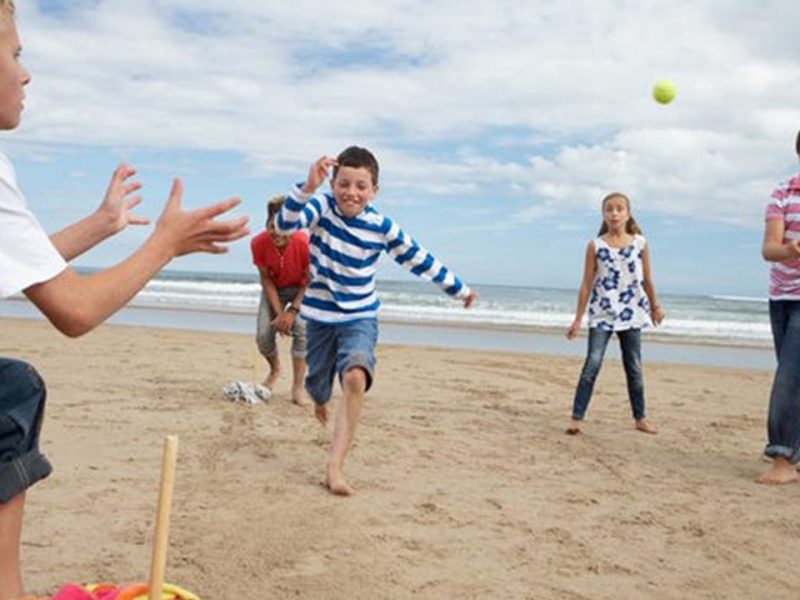‘Some sense of normalcy’: Class of 2021 readies for high school graduations
Orlando Sentinel | by Leslie Postal | May 13, 2021
In the year of the pandemic, they missed things big and small, homecoming and the happy crush of students in the cafeteria during lunch, pep rallies and, as they navigated online classes, the ease with which they once stayed after the bell to ask teachers questions.
They managed with face masks, relied on YouTube videos to help make college decisions and struggled sometimes with being alone. They found joy in traditions that continued but with alterations. Turns out, a prom without dancing can still make for a lovely evening.
Students in the class of 2021 found they had time to think about what was really important.
“I learned this year how to just take a step back and breath,” said Baily Palmer, 18, a senior at the Osceola County School for the Arts.
After an odd and challenging school year, they are excited to take part in nearly normal graduation ceremonies, feeling resilient for having made it there.
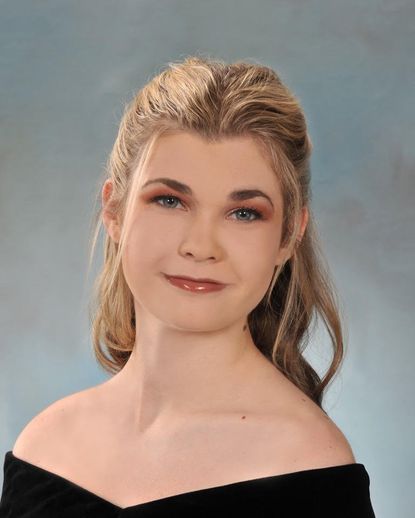
Central Florida’s public high school graduation season kicks off Friday morning when Hagerty High School in Seminole County holds its commencement at the University of Central Florida’s football stadium.
This year, all local public schools plan in-person ceremonies — with face masks and social distancing — after many held virtual or small, staggered ceremonies last year, in the first months after COVID-19 shutdown schools, businesses and much of public life.
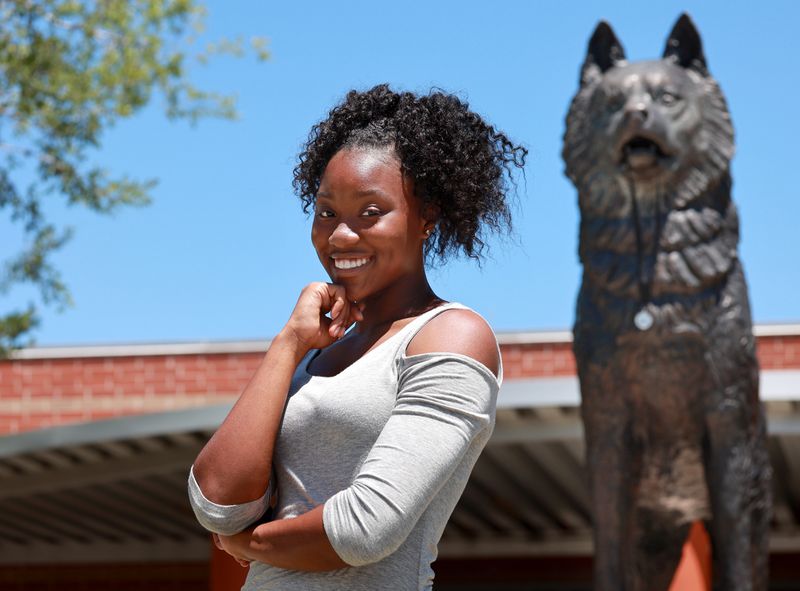
Amira Ali, 17, the senior class president at Hagerty, said her 2021 classmates had one constant wish for graduation: “We want to do something traditional.”
So much of the 2020-21 school year was anything but.
Like many of her classmates, Amira started the year doing online classes. She felt disconnected, like she was “watching from a bird’s-eye view.”
Trying to get a teacher’s attention online was frustrating and as a “social person,” she missed talking with teachers and classmates. She returned to campus in January.
The required face masks were no big deal. “We’re all just used to it,” but the school seemed a bigger place with fewer students around.
She missed eating lunch in a crowd — cafeteria tables had tape across them to help students keep apart ― and was sorry there were no pep rallies in a packed gym.
“It just always looked fun to be a senior at a prep rally,” she said.
But the senior breakfast held this year on the football field, in a nod to COVID safety protocols, might have been more fun than the ones held inside in years past, she said.
Amira plans to major in biology at Spelman College next year. She hasn’t visited yet but has watched videos others have posted about life at the Atlanta college.
In a year when there were fewer activities, and less time was spent rushing from one thing to another, she admitted there was also opportunity.
She had time “to really evaluate who Amira was” and to have “conversations about the country and the issues we’re facing right now,” to discuss with other teenagers how to “connect with the world around them.”
In the end, she is thankful she managed to “finish off strong.” And, she added, “adapt.”
Sometimes a ‘struggle’
Baily, the Osceola senior, found most of the school year “weird” and, if she’s honest, “a struggle.”
She returned to campus in August, but many students did not.
“We are such a small school already and having over half of our kids digital has been very weird,” she said. “It’s been very empty this year.”
Baily, who plays the double bass, said orchestra class was especially odd, as the student split between online and in-person classes didn’t match up with the typical instrument distribution. Her in-person class had too many cellos and not enough violas.
But they could play — though they could not sit too close to each other nor share music — and that felt normal, said Baily, the school’s valedictorian. Academic classes were harder this year, too, especially if teachers were dividing their attention between both in-person and online students, she said.
The pandemic year also seemed to bring out both the best and worst in people, she added. Her own “big lesson” was to think about who she wanted to spend time with and how to carve out time for herself.
In the fall, she is to attend the University of Florida, with plans to major in business management and music performance.
Baily is happy for an in-person graduation, though with masks and each family seated in their own “little pod,” she said, “It’s going to feel like we’re still in the pandemic even if we’re getting some sense of normalcy.”
The school’s senior gala, held at a local resort, proved to be a delight, however, even when school leaders nixed dancing. Student performers showcased their talents, everyone dressed up, with the girls matching face masks to dresses, and teenagers who’d been studying online came, too.
“We’ve been so isolated this year. It was nice to see people we hadn’t seen all year,” she said. “It was a beautiful night.”

Fear on campus
Graduation would make Christian Buenavides-Diaz, a senior at Umatilla High School in Lake County, feel “truly accomplished” even in a normal year. He’s the youngest of five siblings and the first to head to college.
His mother, an immigrant from Mexico who never made it high school in her native country, is “thrilled and over the moon,” he said.
But getting there wasn’t easy. When schools shut down last spring, Christian learned quickly that online learning wasn’t for him.
“I realized how much I needed that social interaction, how alone it made me feel,” he said. “Only only me and mom in our little apartment.”
He returned to campus in August but was gripped with unease. “The fear of catching the virus was high,” he said.
Still, he knew he needed to be in class. His grades had slipped last spring while online and over the summer he began to fear he wasn’t cut out for college.
On campus, he again found academic success. But he missed what was canceled, including homecoming and “loud rambunctious” pep rallies.
Unable to visit colleges, he relied on YouTube to get a feel for schools. He fell in love with Saint Leo University and was accepted to its “accelerated law program,” a three-year bachelor’s degree program for students with a “serious interest” in also pursuing a law degree.
Aware of his mother’s struggle to become a U.S. citizen, Christian has his sights set on a career as an immigration attorney.
Like others, he feels fortunate there is an in-person graduation to look forward to at the end of the month and knows he gained lessons from a “truly hard” year.
“I learned that I’m very persistent when it came to facing challenges,” he said.
‘Prepared for anything’
Angelica Stewart, senior class president at Evans High School in Orange County, did, too, and she faced more challenges than most.

“Now I know that when I’m in college, I’m prepared for anything,” the 18-year-old said. “I might be down for a week or two, but after that, I know how to maneuver through it,” she said. “I learned how to trust God during this pandemic.”
All school year, Angelica, who heads to Howard University in Washington, D.C. in the fall, stayed home to do online classes, an effort to protect the health of her stepfather, who had asthma and was at higher risk should he contract the virus. He died in March of a heart attack, she said.
Even before his death, she was having her “worst academic year,” Angelica said.
It wasn’t her grades, as they remained good, and in January she learned she was one of 496 finalists nationwide for the prestigious Cooke College Scholarship Program, which offers college assistance to high-achieving students with financial needs.
But “learning through a screen” was tough, and Angelica felt she was mostly teaching herself. She couldn’t do labs in her chemistry class, and she missed asking teachers questions and the impromptu conversations they used to have after class.
“The depression that comes with it. You’re not seeing your friends,” she said. “I love going to school.”
She would sometimes go to campus for student government activities and that helped, but most of her days were at the computer.
Still, her family moved to Orlando from Jamaica when she was in ninth grade because “there’s not much opportunity in the islands,” she said. Now, she’s mapped out the sort of future they hoped for. She loves math and computer science — “It’s like solving a puzzle,” she said — and the latter is her planned major when she starts classes at Howard.
Tapped to give a speech at Evans’ commencement, she plans to strike a hopeful note. “I’m definitely looking forward to graduation,” she said. “I couldn’t let life hit me in the face.”
Featured image: Images of 2021 Seminole County valedictorians.



